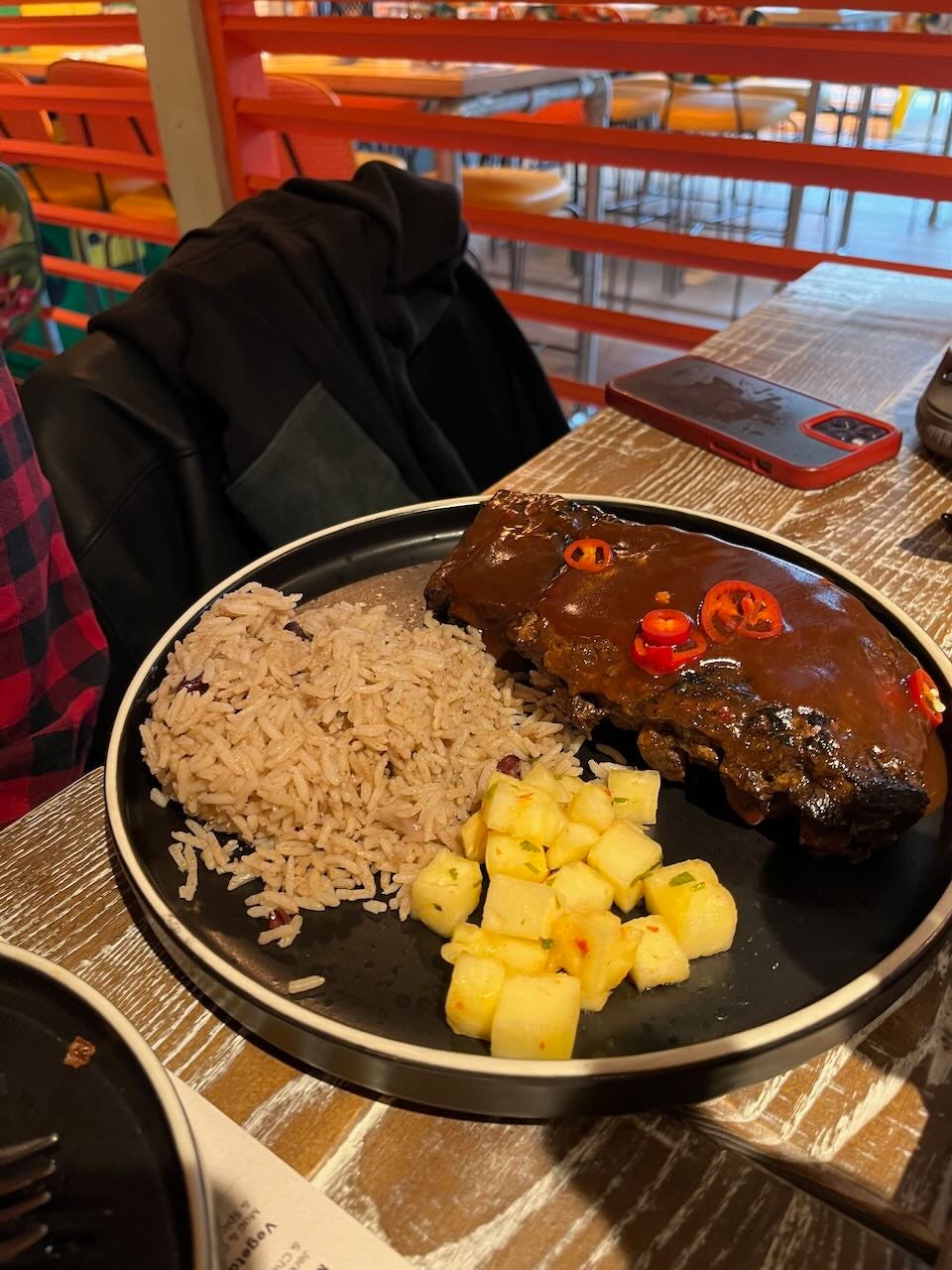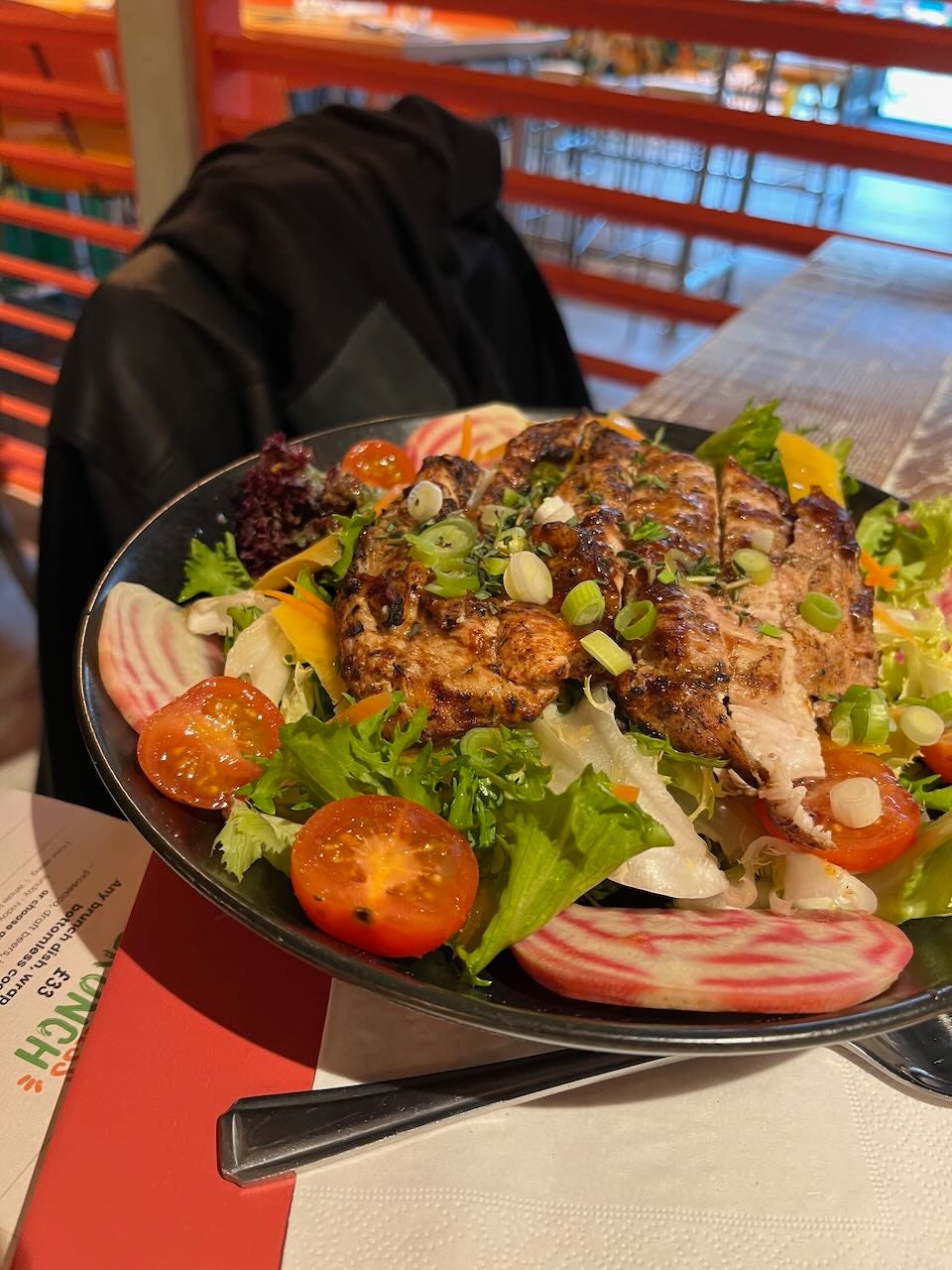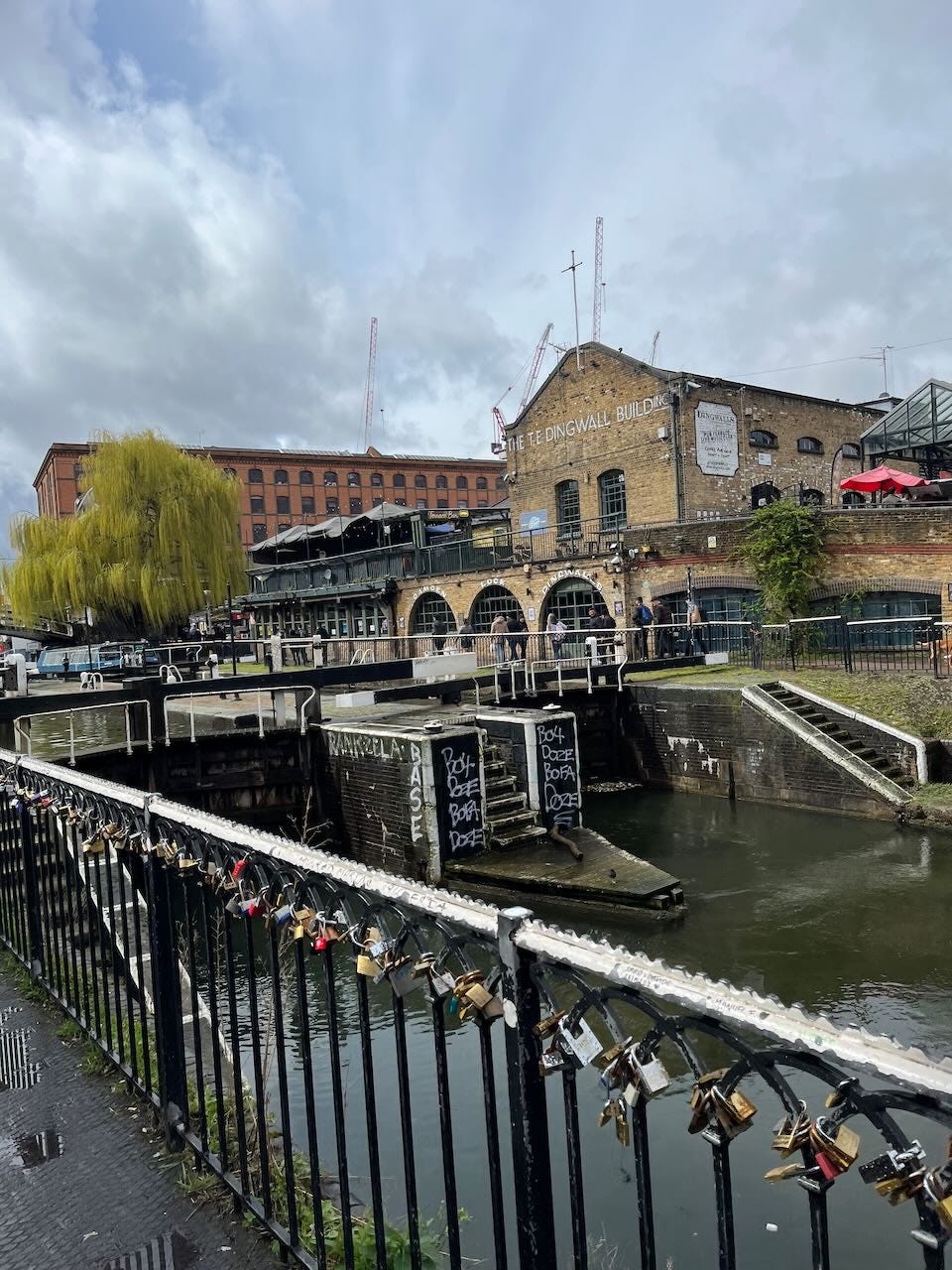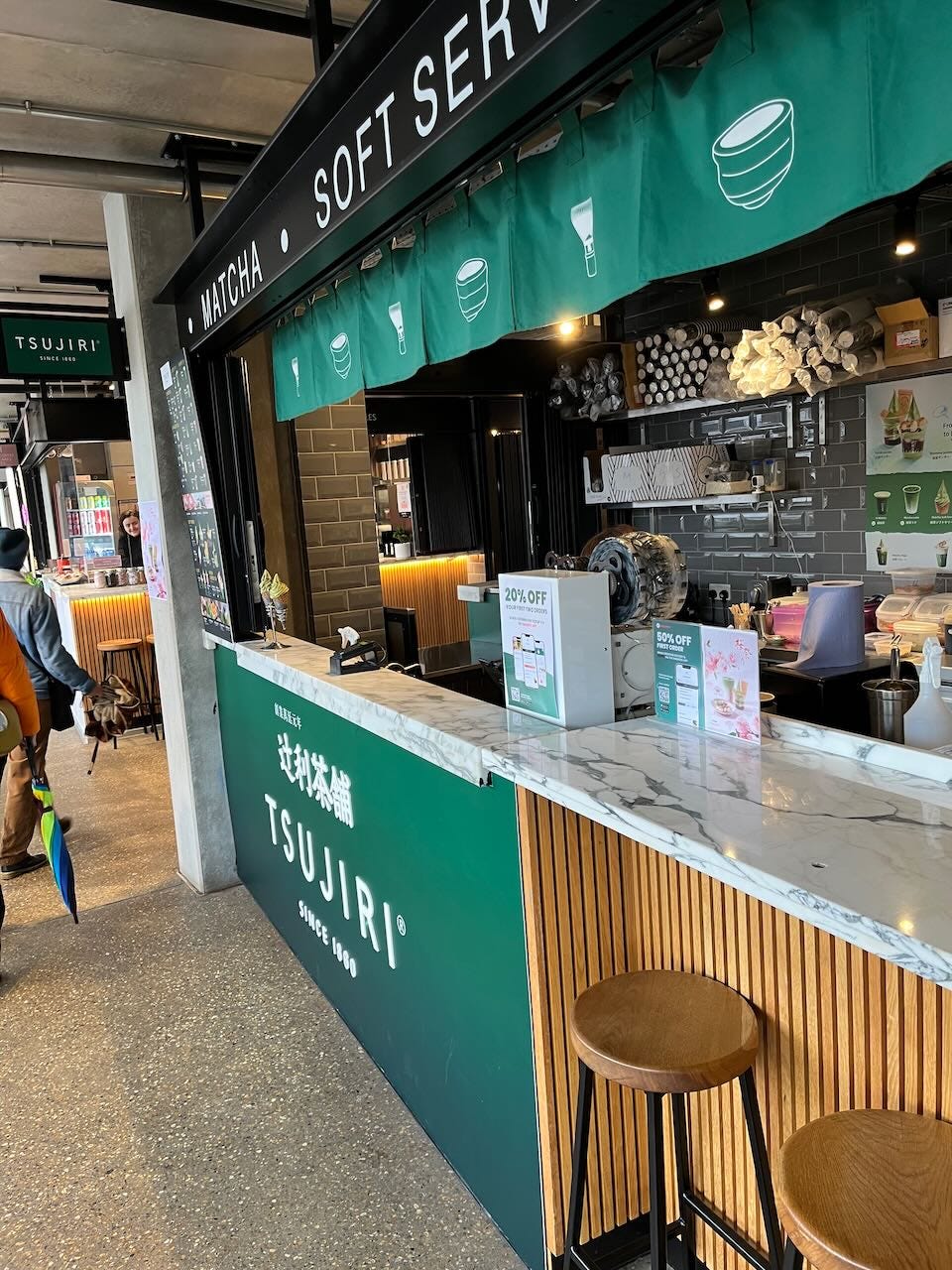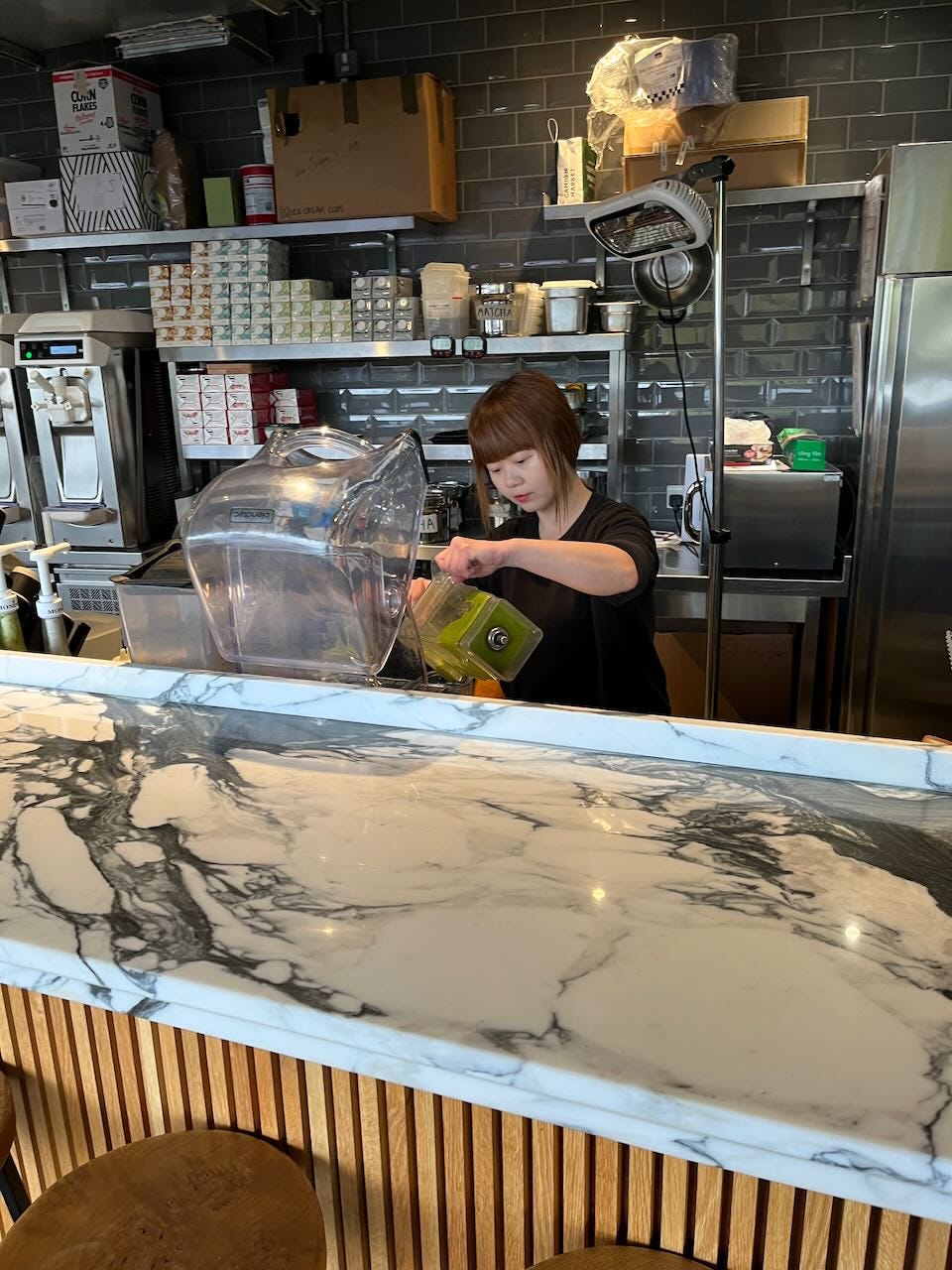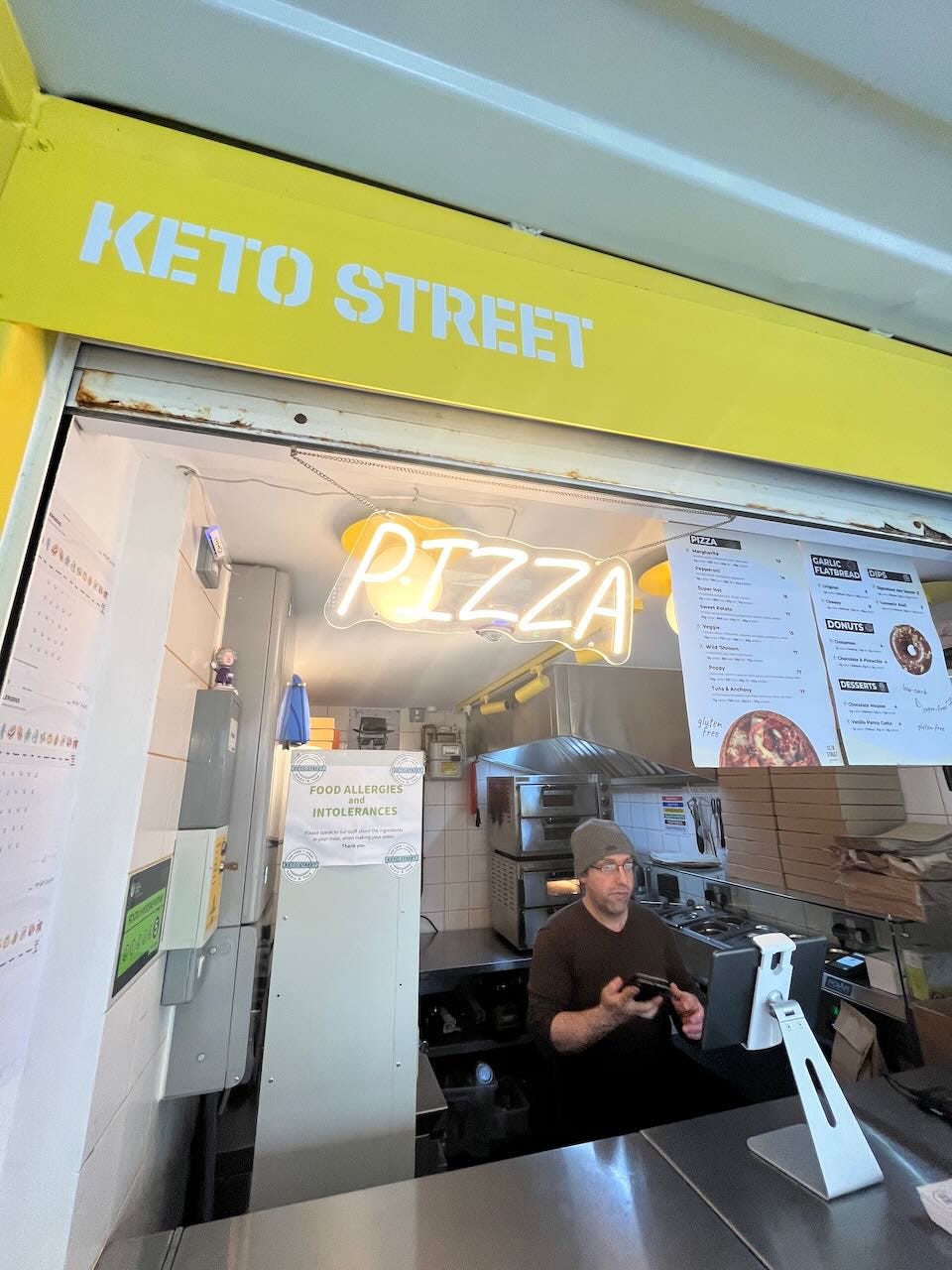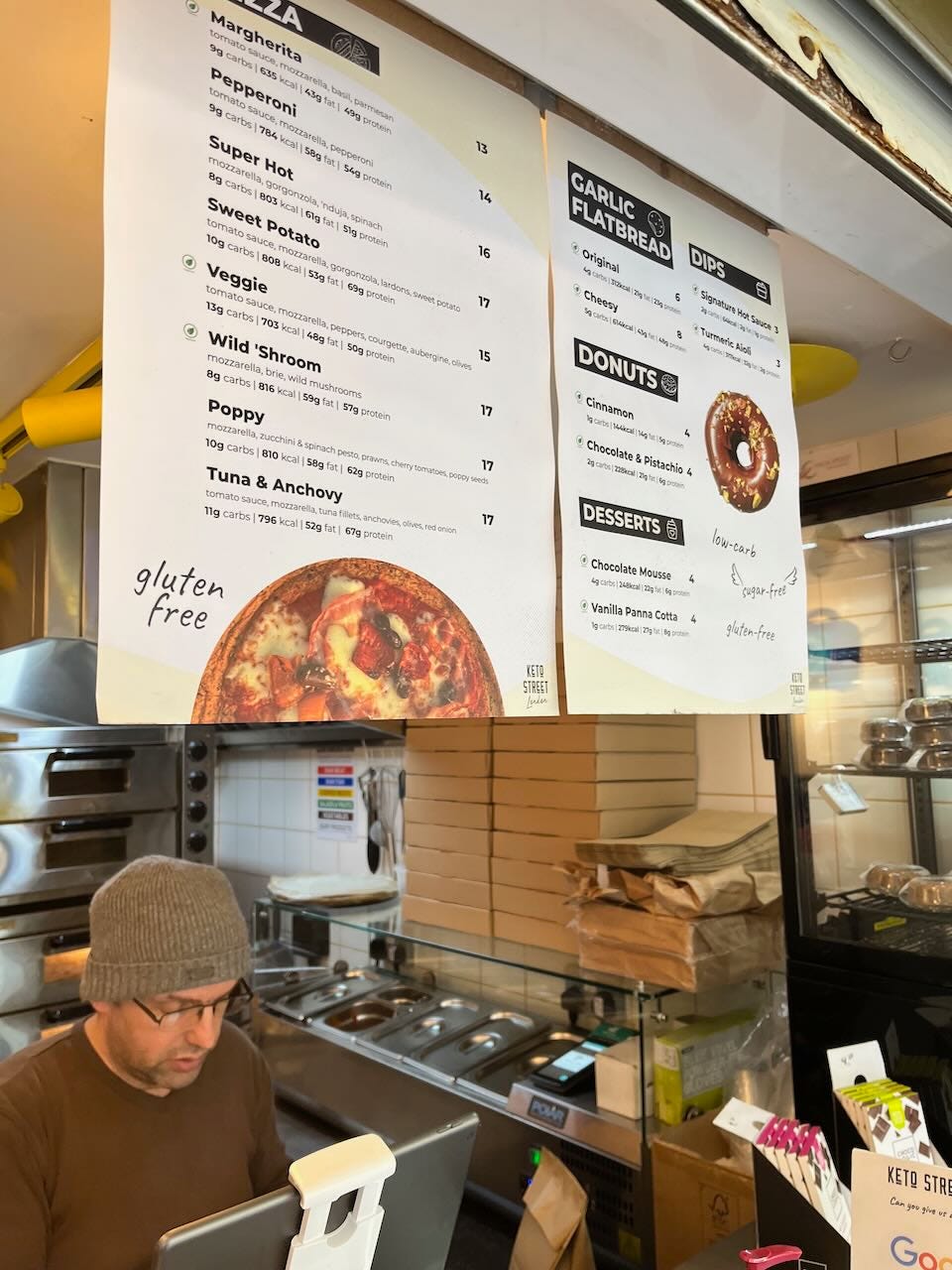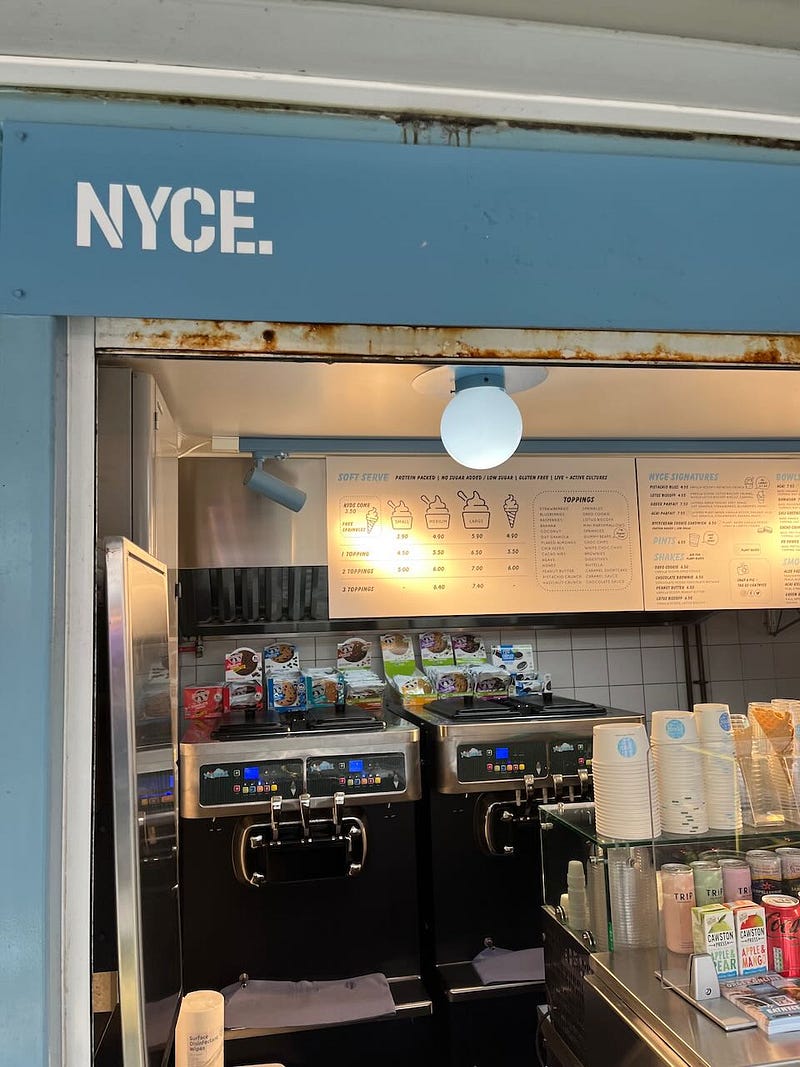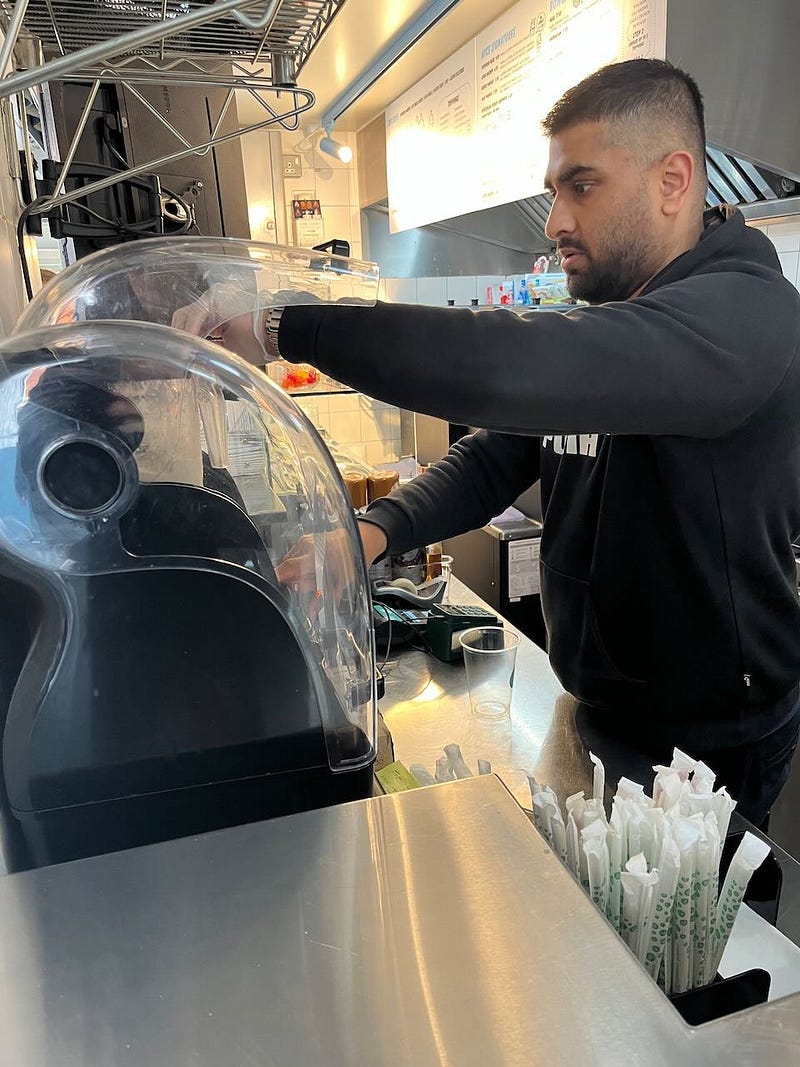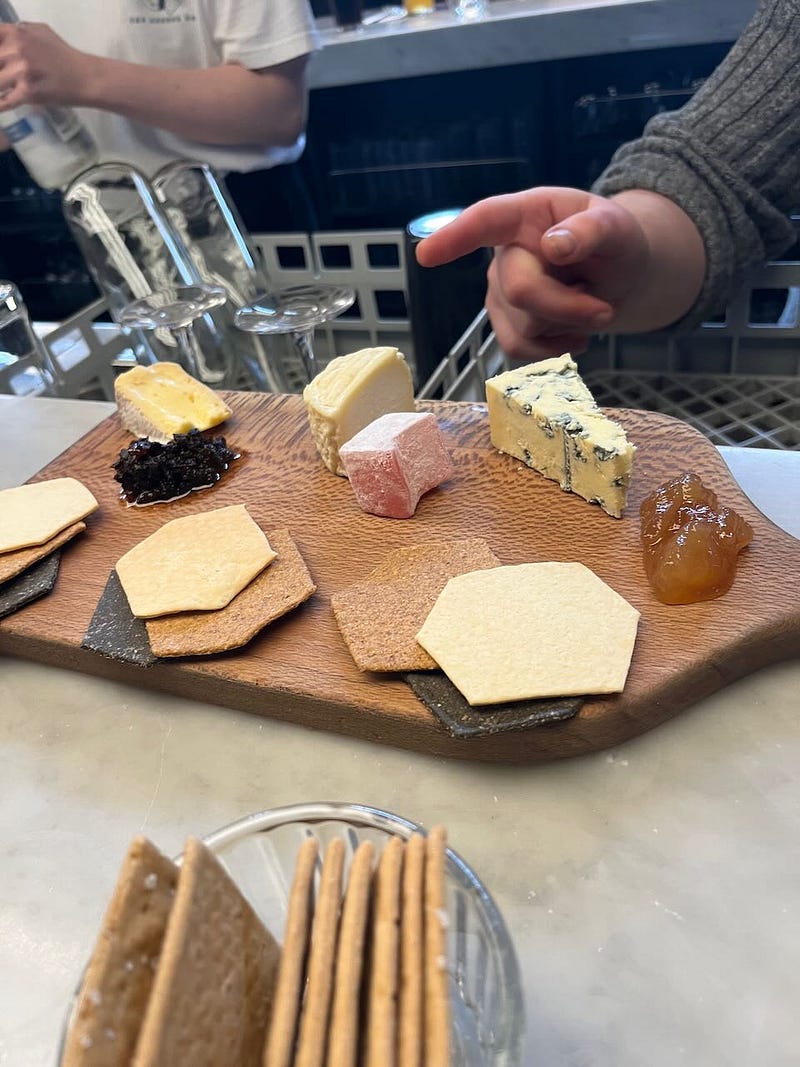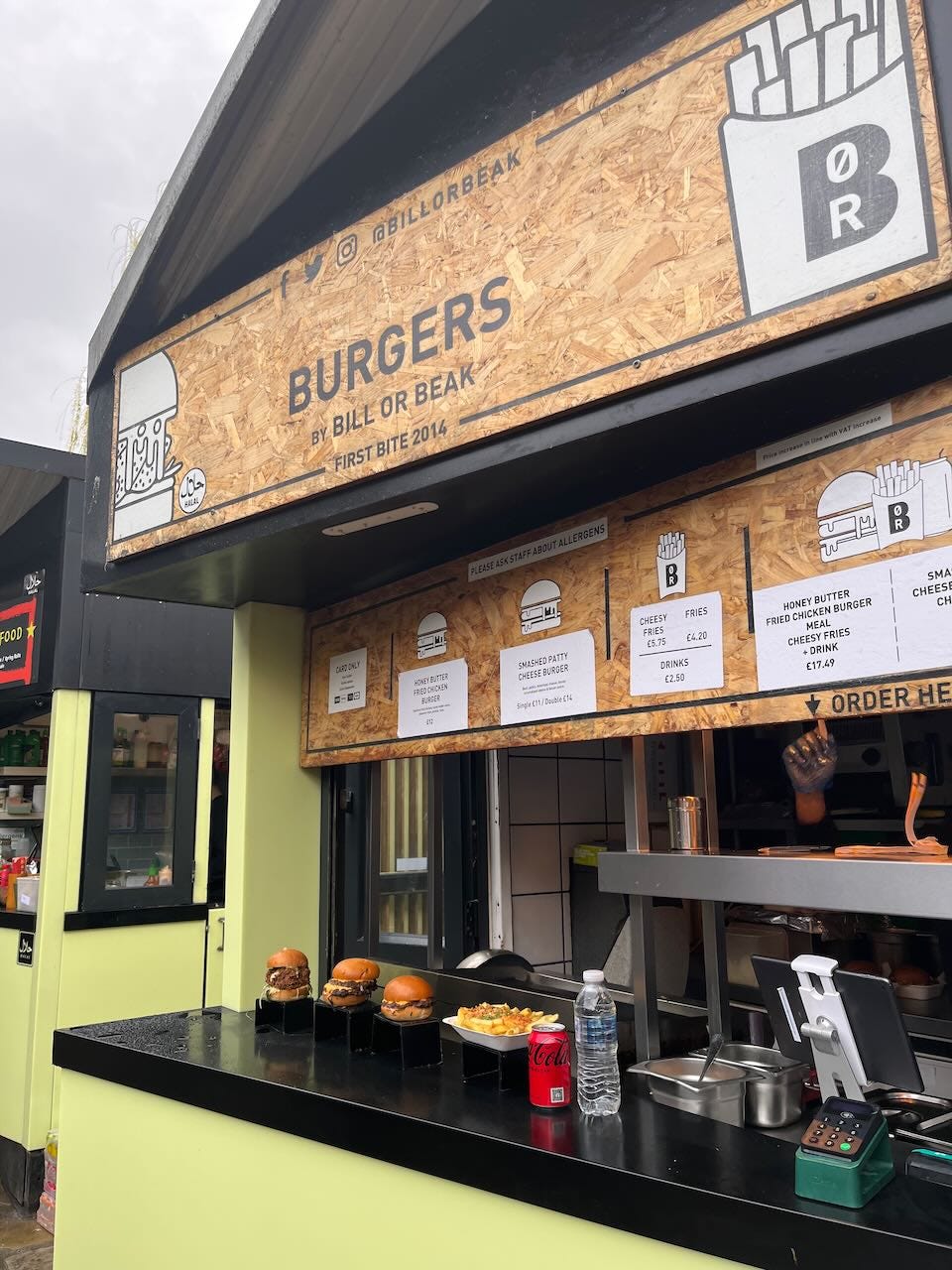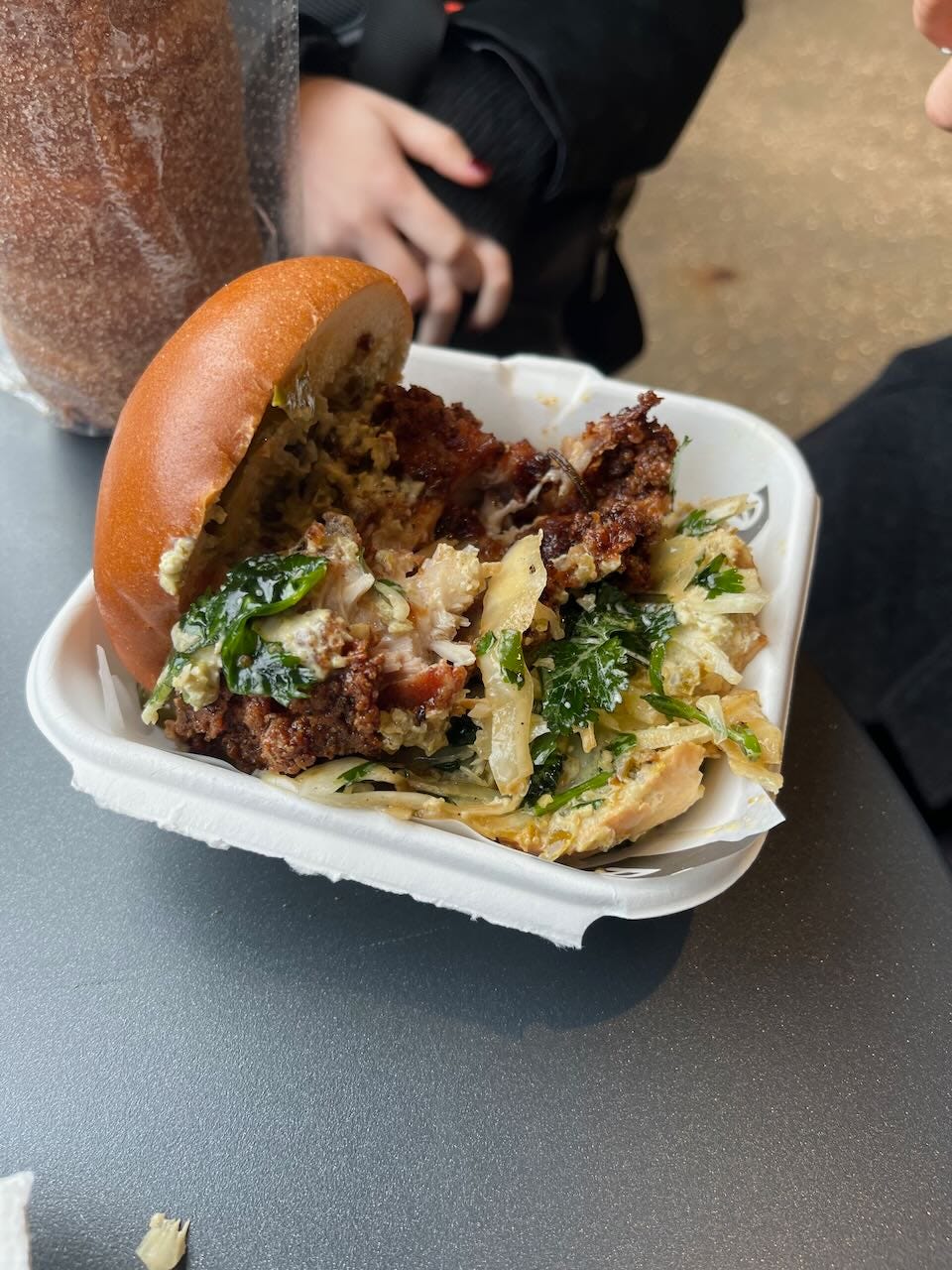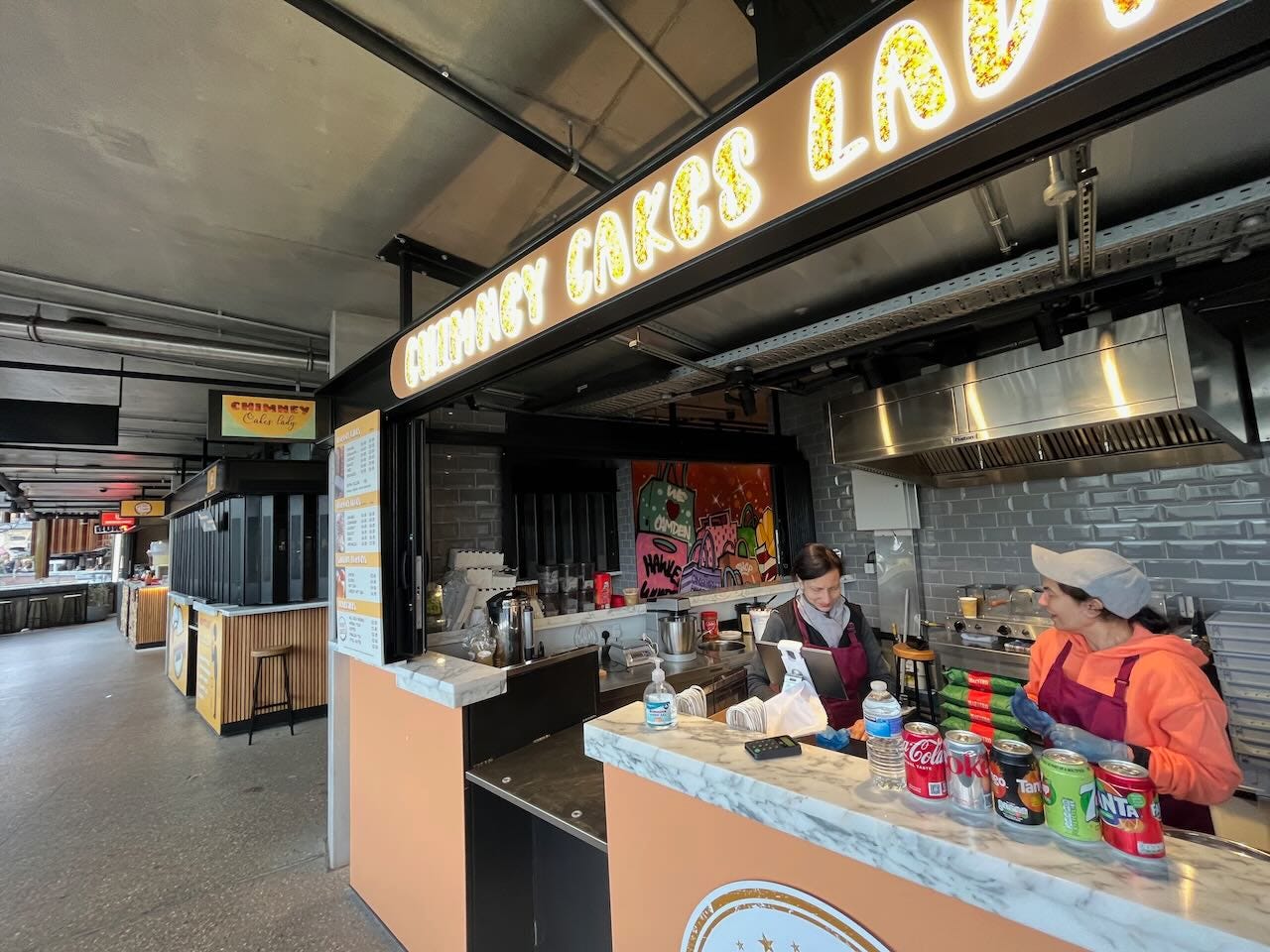This February, new Conservative Party Deputy Chairman Lee Anderson sent shockwaves across much of Britain’s media. He did this by confessing that he would support the return of the death penalty in the UK. To honour the occasion, The Guardian issued a satirical likeness of Anderson’s ‘10-point plan’ for his Party, including the reintroduction of ‘public executions’ and ‘priority booking’ for Party members, in order to confirm the position as the contrivance of a hard-right niche of the Tory Party. The Times highlighted how Anderson’s position put him ‘in the minority’ in the UK. To The Independent, Anderson was ‘forthright’ and ‘controversial’.
Now, whilst none of these appellations is necessarily unfair or untrue, they do paint a picture of a man altogether reactionary, out of touch with the times and the general public. They certainly do not intimate the kind of conclusions that are to be drawn from a March 2022 YouGov poll that saw 40% of Britons support the reintroduction of the death penalty for any murder (admittedly with 50% opposed) and, even more strikingly, 54% in support (versus 35% against) in cases of terrorism and 55% (versus 33% against) in cases of multiple murder. Even if we accept that a majority of Britons would still oppose its reintroduction in all murder cases, 40% in support is not a statistic to be sniffed at and certainly not one to be deemed the preserve of the extreme fringes of the Tory Party. Far from representing a fringe minority of the public, Lee Anderson’s ‘controversial’ remarks on this matter and on numerous others point to his articulation of a publicly unspoken swathe of British public opinion.
Are we to conclude from this comparison that the mainstream of British media is simply out of touch with the British public, whatever that means? Far from it. I would suggest that much of Britain’s mainstream media, by and large, reflects what we do expect of public figures. And what we expect of our public figures is not a mere replication of our own views – those we might be more willing to express in anonymous polls.
Even Lee Anderson is aware of this. In a widely mocked, staged cold call on a doorstepping round in his constituency, Anderson was visibly embarrassed when the man, later revealed to be a friend of his, suggested whipping anti-social people with the “cat o’ nine tails” – a whip formerly used for severe physical punishment in the Royal Navy and British Army – and making them “wear a pink tutu”. Having realised the risk of him being associated with views even more extreme than his own publicly expressed ones, Anderson responded: “I can’t support that” and tensely asked the camera-operator to “cut there for one moment”. Had this conversation been held in private, I suspect Anderson would have gone further than just agreeing with his friend. Before the cameras, however, he was acutely aware of the public’s expectation for him to keep comments that many of them might voice themselves, albeit flippantly and privately, out of public view. I would suggest that this incident showcases how even the most ‘controversial’, ‘forthright’, ‘man of the people’ type of politician knows that fundamentally, the vast majority of the public neither expects nor wants them to be fully authentic in their public role.
This dynamic is, I would suggest, characteristic of our basic human lack of self-reflection and our instinctive willingness to accept double standards for ourselves and public figures respectively. It is a quality I observe not only in media discourse but in my closest friends and even, though I am ashamed to admit it, in myself. I have always been amused by friends who lather their social media pages with calls for the latest celebrity guilty of an historical offensive tweet to have their face irreversibly stripped from the public sphere, and who simultaneously fail to bat an eyelid when their own friends utter careless quips carrying equal, if not higher, levels of offence as those of their latest victim.
A relatively high-profile variant of this phenomenon was covered by both American and British media in March 2021. Alexi McCammond, a high-flying journalist at Axios and Editor-in-Chief-elect of Conde Nast’s Teen Vogue, was forced to resign from the latter position before she had even assumed the role after a public and media outcry against anti-Asian tweets she had posted as a 17 year old, around 10 years prior. It was not, I would suggest, a genuine consensus across the American public or across Twitter-users in general that led former Teen Vogue editors and current staff to speak out against McCammond’s appointment to the press, even less a general conviction that none of them had, as a 17 year old or indeed older, said much worse themselves. This was certainly not the case for one staff member who criticised McCammond’s appointment, who was discovered to have tweeted racial slurs as a teenager herself soon after calling for McCammond to go. No, what motivated the latter’s sacking was an understanding of the general public’s largely hypocritical, yet deeply influential expectation for public figures to be, as it were, ‘better than them’. The very flaws we failed to acknowledge in ourselves and those closest to us, we did and would continue to unthinkingly see even minor public figures lose their livelihoods for, without so much as a pang of self-reflection.
So what does this mean for us, as students and members of the public in general? As in most areas of life, drawing fixed, universal rules from a set of well-documented cases, let alone a few barely examined anecdotes, is a futile task. On the one hand, as an opponent of the death penalty myself, I do not see the correspondence of Lee Anderson’s public views to much of Britain’s private ones as a reason for radicalising public political discourse in line with the often flippant and ill-thought-through extremist sentiments that ebb and flow unpredictably through public opinion.
On the other hand, I see huge benefits in a society of private persons whose reflection on its own flaws and past wrongs helps shape a more forgiving and transparent public discourse, be this in journalism or politics – in effect, a greater alignment of reflective private views with the treatment of public figures. But these positions are, of course, shaped by my own prejudices. It is not my duty to voice them, unexplained. What we do with the realisation that we frequently impose different and often higher standards of behaviour on our public figures than on ourselves and loved ones is up to us as individuals.
I would finish simply by suggesting that greater levels of self-examination, whether we use this to address our own faults and those of our closest friends, or to temper overly pious condemnation of those living under the glare of public scrutiny, can in moderation be no bad thing.
Image Credit: Thomas Rowlandson, CC BY 4.0 via Wikimedia Commons




